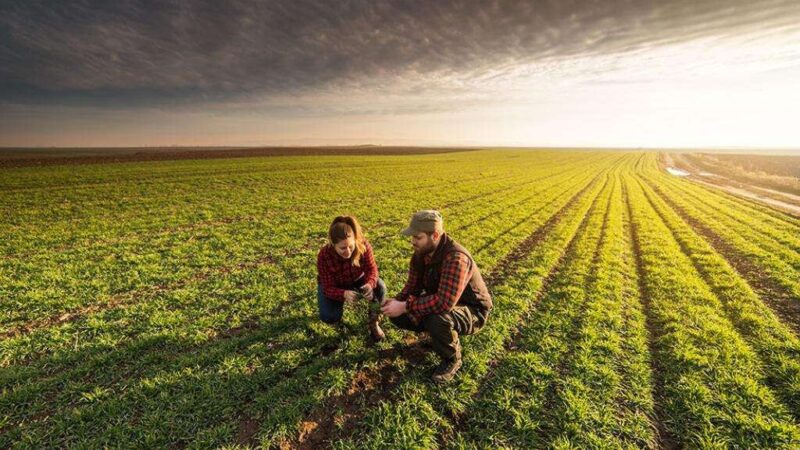The National Association of State Departments of Agriculture hosted AgriSafe CEO Natalie Roy as a featured speaker during the Rural Development and Financial Security Committee meeting at the 2024 NASDA Annual Meeting. Roy delivered an impactful presentation on addressing farm stress, highlighting the urgent need to support the mental health and well-being of farmers, ranchers and rural communities through ensuring resources are accessible and providing avenues of support. NASDA spoke with Roy on the topic of her talk with the committee and the importance of enhanced resources for farmers.
During her talk, Roy shared insights on the unique stressors facing the agricultural community, including unpredictable weather, financial pressures and the physical demands of farming. She emphasized that addressing these challenges is not only crucial for individual health but also for the overall sustainability of the agricultural sector.
“Two years ago, seven state departments of agriculture funded and piloted the AgriStress Helpline in collaboration with the nonprofit organization AgriSafe Network. Their vision was to create a 24/7 crisis line that would save lives first and be a resource line second,” Roy said. “It is critical that all stakeholders join forces to assure the AgriStress Helpline is adequately funded to serve agricultural communities across our nation.”
The NASDA Annual Meeting brings together leaders, policymakers and stakeholders in the agriculture industry to address critical issues facing the industry. This year’s meeting focused on ‘Cultivating Common Ground,’ with Roy’s session on farm stress serving as a key subject to promote the importance of mental health in agriculture. NASDA members continue their commitment to improving rural mental health.
About NASDA
NASDA is a nonpartisan, nonprofit association which represents the elected and appointed commissioners, secretaries and directors of the departments of agriculture in all 50 states and four U.S. territories. NASDA enhances American food and agricultural communities through policy, partnerships and public engagement. To learn more about NASDA, please visit www.nasda.org.


